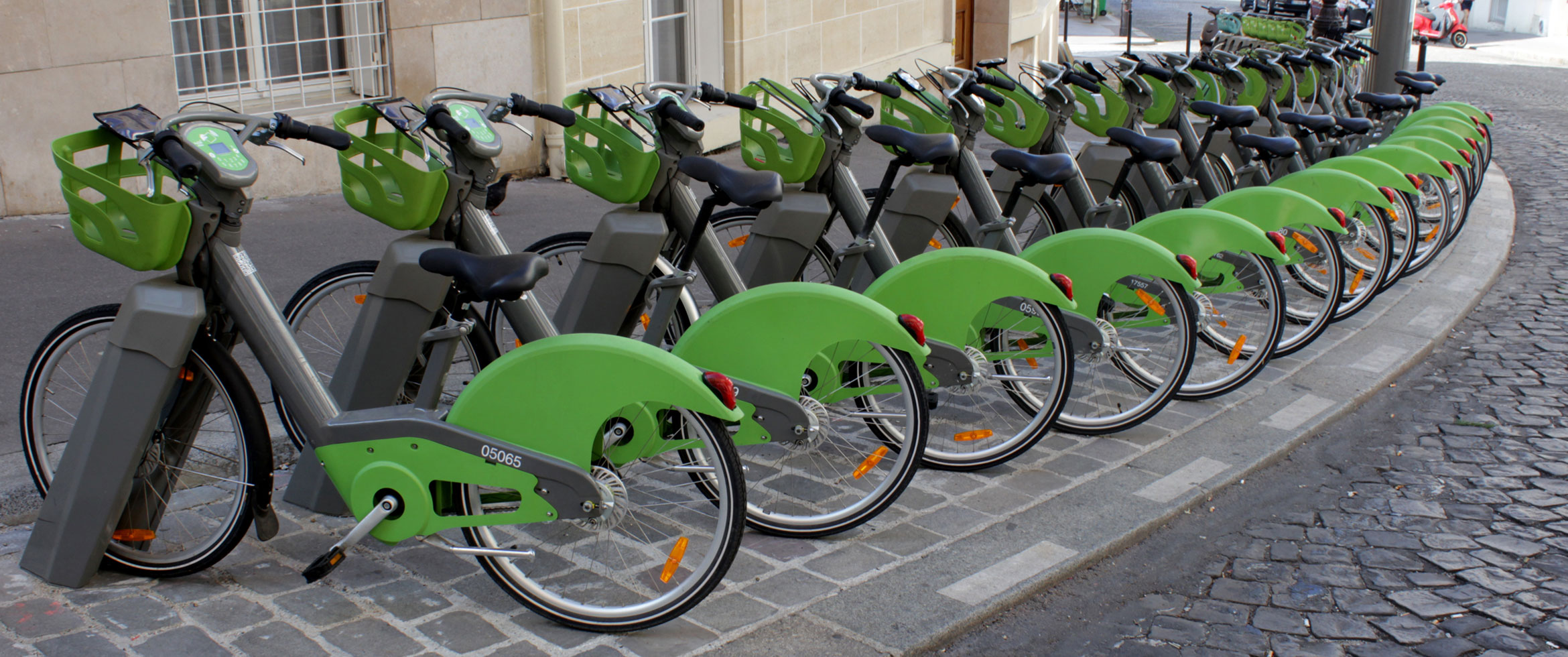Is a Residential Relocation a Good Opportunity to Change People's Travel Behavior?: Results From a Theory-Driven Intervention Study
Bamberg, S. (2006). Is a Residential Relocation a Good Opportunity to Change People's Travel Behavior?: Results From a Theory-Driven Intervention Study. Environment and Behavior, 38(6), 820-840.
Applying a Modified Moral Decision Making Model to Change Habitual Car Use: How Can Commitment be Effective?
Matthies, E., Klöckner, C., & Preißner, C. (2006). Applying a Modified Moral Decision Making Model to Change Habitual Car Use: How Can Commitment be Effective?. Applied Psychology: An International Review, 55(1), 91-106.
Norms for Environmentally Responsible Behaviour: An Extended Taxonomy
Thogersen, J. (2006). Norms for environmentally responsible behaviour: An extended taxonomy. Journal of Environmental Psychology, 26(4), 247-261.
To What Degree are Environmentally Beneficial Choices Reflective of a General Conservation Stance?
Thogersen, J., & Ölander, F. (2006). To What Degree are Environmentally Beneficial Choices Reflective of a General Conservation Stance?. Environment and Behavior, 38(4), 550-569.
Are Psychological and Ecological Well-Being Compatible? The Role of Values, Mindfulness, and Lifestyle
Brown, K., & Kasser, T. (2005). Are psychological and ecological well-being compatible? The role of values, mindfulness, and lifestyle. Social Indicators Research, 74(2), 349-368.
Values and their Relationship to Environmental Concern and Conservation Behavior
Schultz, P., Gouveia, V., Cameron, L., Tankha, G., Schmuck, P., & Franëk, M. (2005). Values and their Relationship to Environmental Concern and Conservation Behavior. Journal of Cross-Cultural Psychology, 36(4), 457-475.
Effecting Durable Change: A Team Approach to Improve Environmental Behavior in the Household
Staats, H., Harland, P., & Wilke, H. (2004). Effecting Durable Change: A Team Approach to Improve Environmental Behavior in the Household. Environment and Behavior, 36(3), 341-367.
A Cognitive Dissonance Interpretation of Consistencies and Inconsistencies in Environmentally Responsible Behavior
Thogersen, J. (2004). A cognitive dissonance interpretation of consistencies and inconsistencies in environmentally responsible behavior. Journal of Environmental Psychology, 24(1), 93-103.
Incentives, Morality, or Habit? Predicting Students' Car Use for University Routes with the Models of Ajzen, Schwartz and Triandis
Bamberg, S., & Schmidt, P. (2003). Incentives, morality, or habit? Predicting students' car use for university routes with the models of Ajzen, Schwartz and Triandis. Environment and Behavior, 35(2), 264-285.
Development of Script-Based Travel Mode Choice After Forced Change
Fujii, S., & Gärling, T. (2003). Development of script-based travel mode choice after forced change. Transportation Research Part F: Traffic Psychology and Behaviour, 6(2), 117-124.



